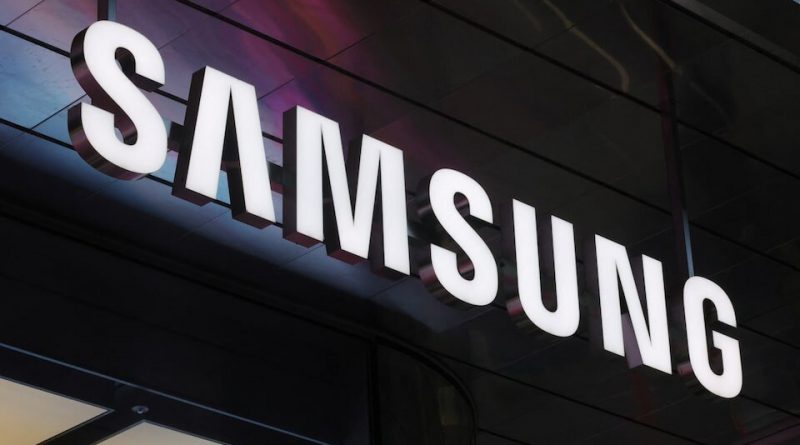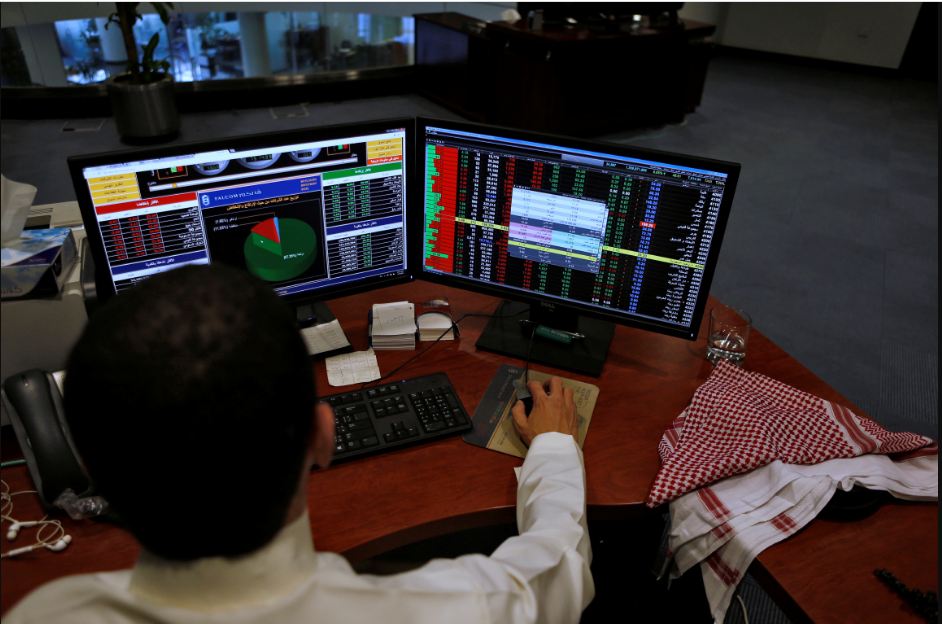Samsung and Hyundai Announce Major Domestic Investments Following Completion of US–South Korea Trade Deal
South Korea’s largest manufacturers unveil new multi-year investment plans amid concerns that expanding capital commitments in the United States could weaken domestic industry.
Samsung Electronics, Hyundai Motor and other major South Korean manufacturers have announced new domestic investment plans as the country seeks to balance overseas commitments with maintaining industrial strength at home.
The announcements came shortly after the finalisation of a major trade deal with the United States, which includes a pledge of $350 billion in Korean investment into strategic American sectors.
Samsung revealed plans to add a new semiconductor production line at its plant in Pyeongtaek, one of the world’s largest chip complexes.
The expansion is aimed at meeting growing global demand for memory chips and AI-driven server components during a period of rapid technological growth.
The company said the project forms part of a wider five-year domestic investment programme valued at 450 trillion won.
The plan includes broader commitments across manufacturing, research and development, and advanced technology infrastructure.
The announcement followed a meeting between President Lee Jae Myung and business leaders, where concerns were raised about potential declines in domestic investment as firms increase capital spending in the United States.
Officials highlighted the importance of maintaining strong industrial capacity within South Korea even amid deepening economic cooperation with Washington.
President Lee urged major companies to continue prioritising projects at home while also leveraging opportunities linked to the new investment framework agreed with the United States.
He emphasized the need for balance to avoid weakening local supply chains and employment prospects.
Samsung Chairman Jay Y. Lee said the company intends to expand domestic hiring and support small and medium-sized enterprises through partnerships and technology-driven collaboration.
He noted that South Korea’s long-term competitiveness depends on sustained investment in the country’s own manufacturing ecosystem.
Hyundai Motor Group also announced new investment commitments valued at 125.2 trillion won for the period from 2026 to 2030.
The initiative covers advancements in electric vehicle production, mobility technologies and next-generation engineering systems.
Shipbuilders Hanwha Ocean and HD Hyundai presented additional plans focused on expanding capacity and increasing the adoption of greener, more efficient marine technologies.
The companies expect their investment programmes to reinforce South Korea’s competitive position in the global shipbuilding market.
Samsung’s new P5 production line—which will produce memory chips for AI hardware, data centres and traditional server systems—had been delayed since late 2023 due to weakened global demand.
The company now expects the line to help absorb a sharp rise in orders as AI-related semiconductor demand accelerates worldwide.
Chip prices have climbed consistently in recent months as supply tightens, and Samsung has raised prices for certain types of memory chips by as much as 60% compared with earlier this year.
Executives say this is a result of surging global demand for AI-capable components that support smartphones, servers and next-generation computing devices.
The growing appetite for AI-related hardware has placed renewed pressure on manufacturers to expand facilities quickly to avoid bottlenecks.
Samsung’s latest investment aims to help stabilize supply and support global technology ecosystems reliant on rapid chip innovation.
Industry analysts say South Korea’s growing commitments in both domestic and US-based projects reflect the country’s strategic effort to maintain influence in global technology supply chains.
Balancing the two, they argue, will remain a key challenge as companies navigate geopolitical shifts, competitive pressures and evolving technological landscapes.
With multiple manufacturers unveiling new investment plans simultaneously, the government hopes the momentum will offset concerns about capital outflow.
Officials believe that strengthening domestic capabilities while pursuing overseas opportunities will help secure long-term stability for the national economy.



